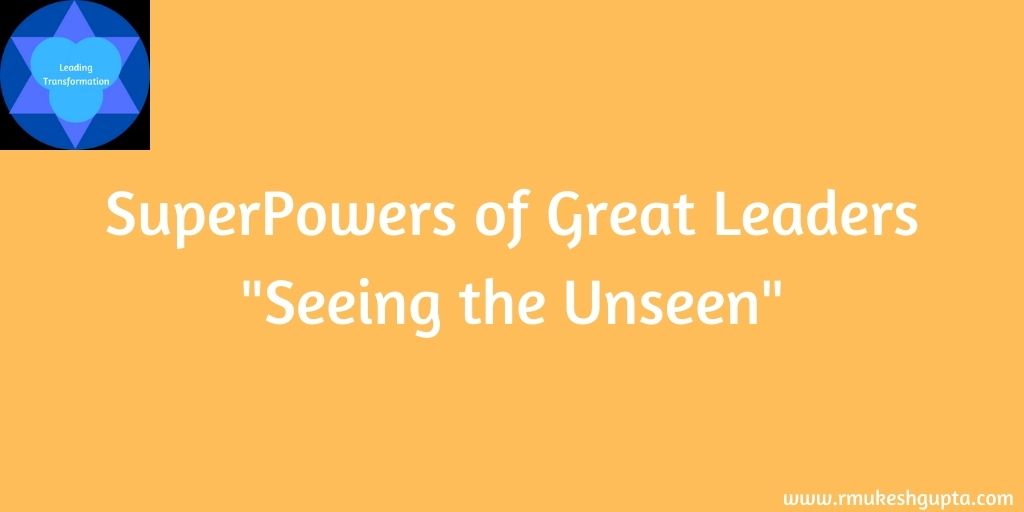First Principles Based Leadership Requires First Order Learning
Premise I read this post by John Hunter, which was originally published in 2014 but is still very relevant. In this blog, he shares one key insight from the work of Deming – managing (or leading) can’t be taught (prescriptive) and needs to be learnt (experiential). First Order Learning Vs Second Order Learning One needs to learn to lead by leading and to manage by managing. We can learn from our own experience (first order learning) or from the experience of those who have gone before us (second order learning). When we learn from our own experience, we start to […]





